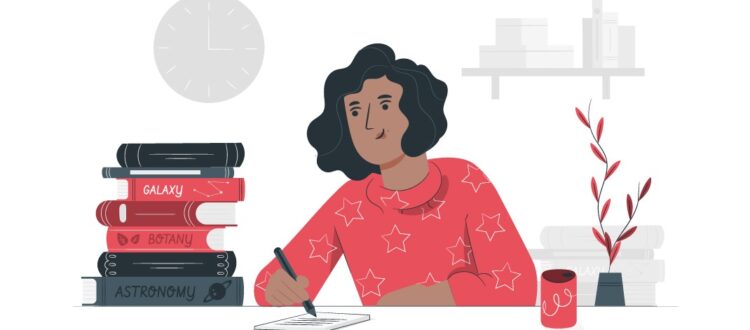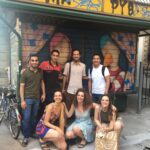Education: right of all or privilege of few?
Education can be considered a privilege. Precisely the key to our freedom of thought and speech, the engine of the growth of our thoughts and our possibilities is paid dearly. And if for some the opportunity to access an adequate education can be an opportunity that can be aspired to, for many, too many still, the acquisition of the right to study becomes a path full of economic and bureaucratic obstacles.
Just think of the hundreds of thousands of refugee and refugee students who are fighting for the right to pursue their studies. The possibility of accessing this opportunity is a fundamental element to be able to project with new eyes in a future that includes the realization of their aspirations. However, it is often the case that students who have already acquired qualifications in their countries of origin are faced with the bleak condition of being denied recognition because of bureaucratic obstacles. The lack of resources, legal documents, and language skills makes it extremely difficult for these students to return to their books.
So for many students, the only possibility is to begin or begin a course of study. This is a particularly difficult step, as academic expenditure is unsustainable and often forces students to work without room for study, sociality, and integration. In parallel to this, it is understood that the New York Declaration on Refugees and Migrants Individuals in Education is a crucial element of the international refugee response.
These dynamics must remind us that education is a fundamental human right, enshrined in the 1989 Convention on the Rights of the Child and the 1951 Refugee Convention. Having access to adequate education and a wealth of knowledge that allows you to read yourself and the world turns out to be a factor of protection not indifferent to the risk of recruitment in armed groups, child labor, sexual exploitation, early marriages, etc.
The latest UNHCR report on refugees and education shows an increase in school enrolment. However, we must place this data within a critical framework if we think of how covid 19 has further highlighted the inequalities of opportunity that condition access to fundamental resources.
The impossibility of accessing a wi-fi network that allows you to connect to online lessons or the difficulty of acquiring adequate technological means to keep up with digital lessons are elements to consider. And since spring 2020, schools have closed in 192 countries, leaving out 1.6 billion children and young people. It is estimated that around 24 million children will drop out of school as a result of these inequalities exacerbated by the pandemic crisis.
Our thoughts should also focus on the geographical areas which have suffered the greatest disadvantages as a result of this dramatic situation. According to data from the Humans Right Watch, in sub-Saharan Africa about half of the students have no access to education. This situation particularly affected girls, who were forced to neglect their education in the name of domestic work and care.
In this widespread confusion, amid the discomfort that can and must seize us in observing such data, the awareness of the importance of the right to study must remain firm.
There are alternative paths, there are other possible contexts from which hope can be drawn. One example is German Kiron University, founded in 2015 in Berlin by a group of students and offering refugees the opportunity to study and obtain internationally recognized diplomas, without the need to pay tuition and simplifying bureaucratic processes. To register, it is sufficient to present a document certifying the refugee status or certifying that the application has been submitted.
Sources:
- https://www.osservatoriodiritti.it/2020/10/30/diritto-allo-studio-nel-mondo/
- https://www.internazionale.it/notizie/2015/10/08/germania-profughi-universita
- https://www.internazionale.it/video/2019/08/07/scuola-aperta-tutti
- https://www.unhcr.org/it/


